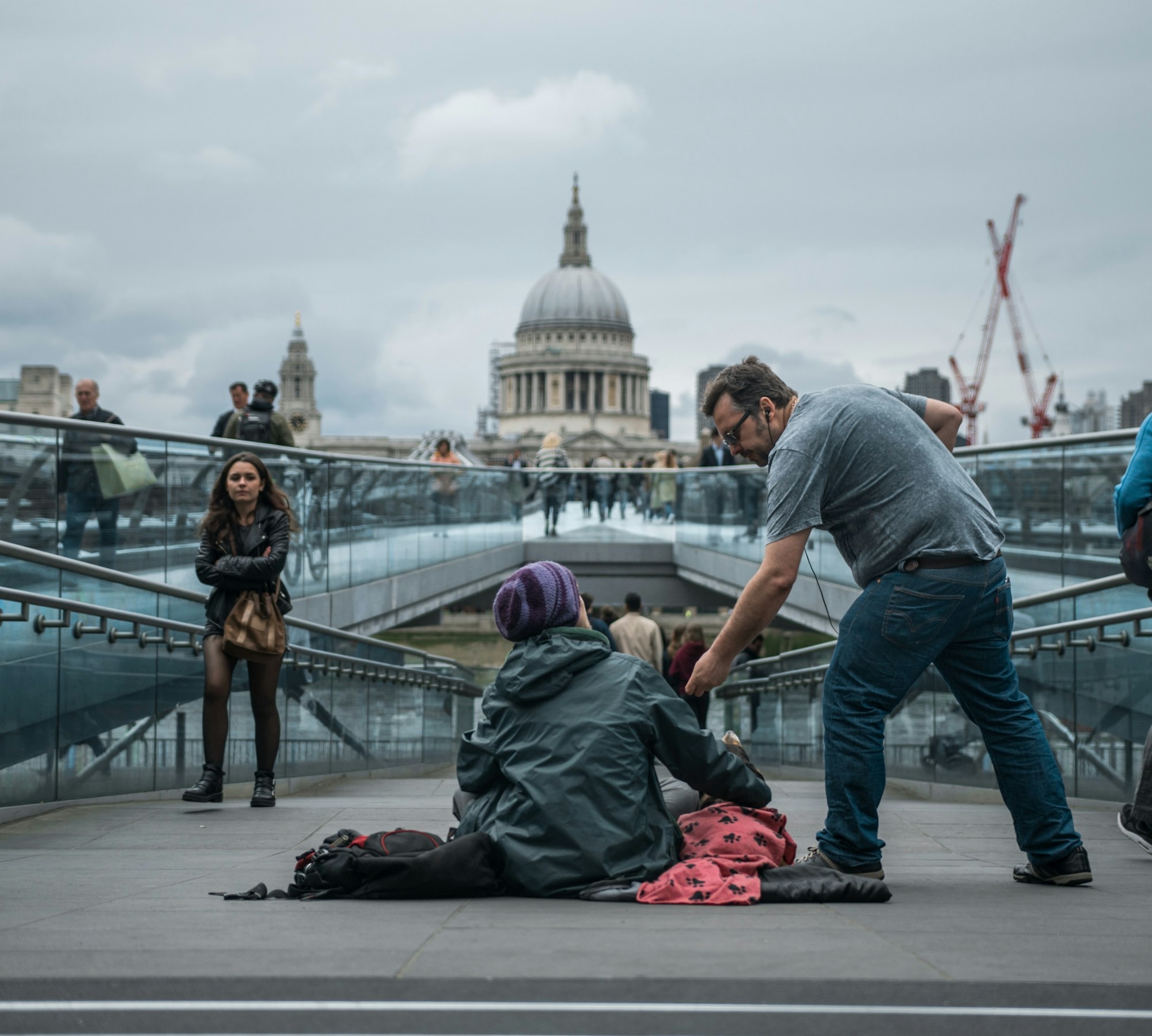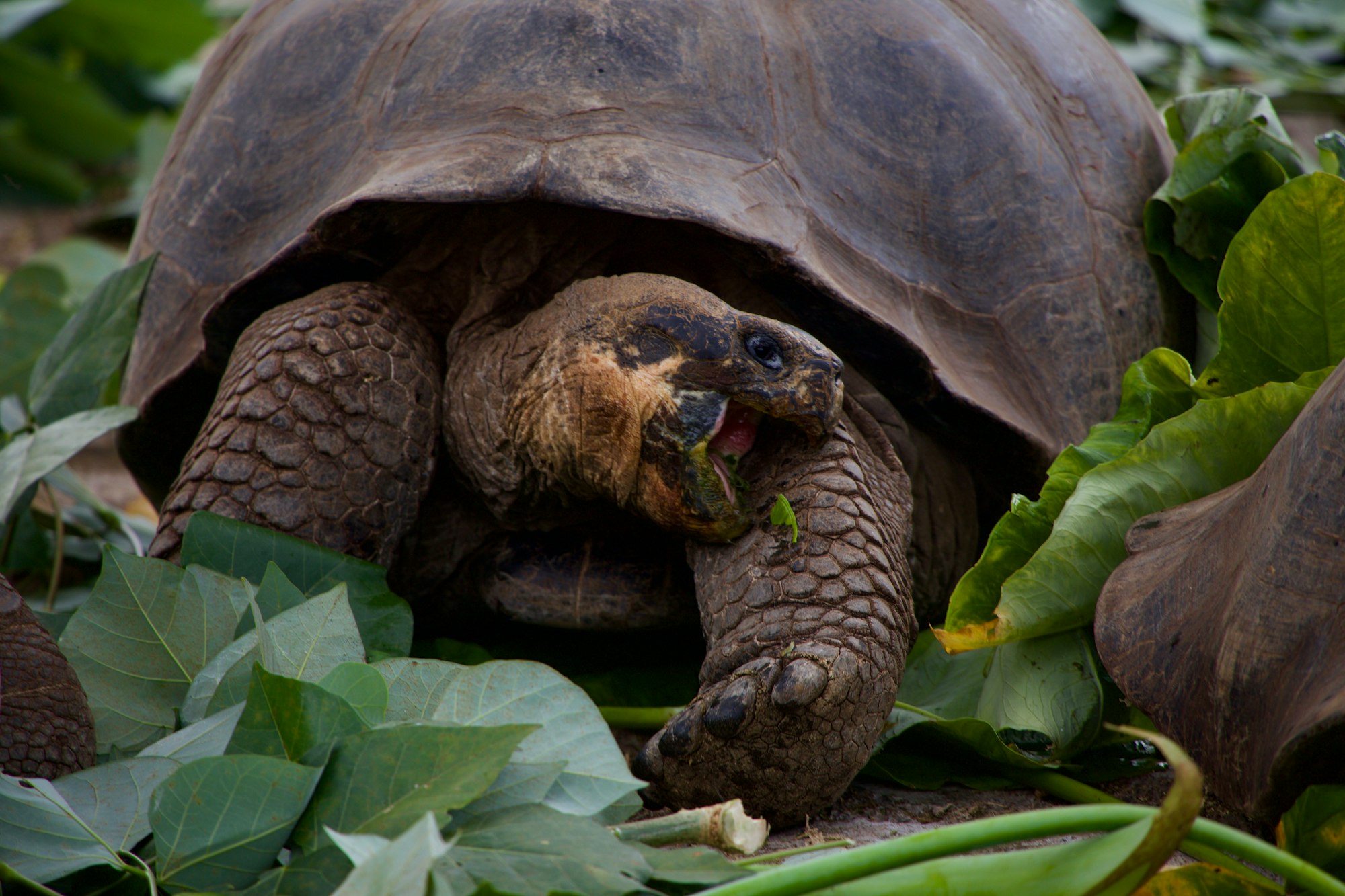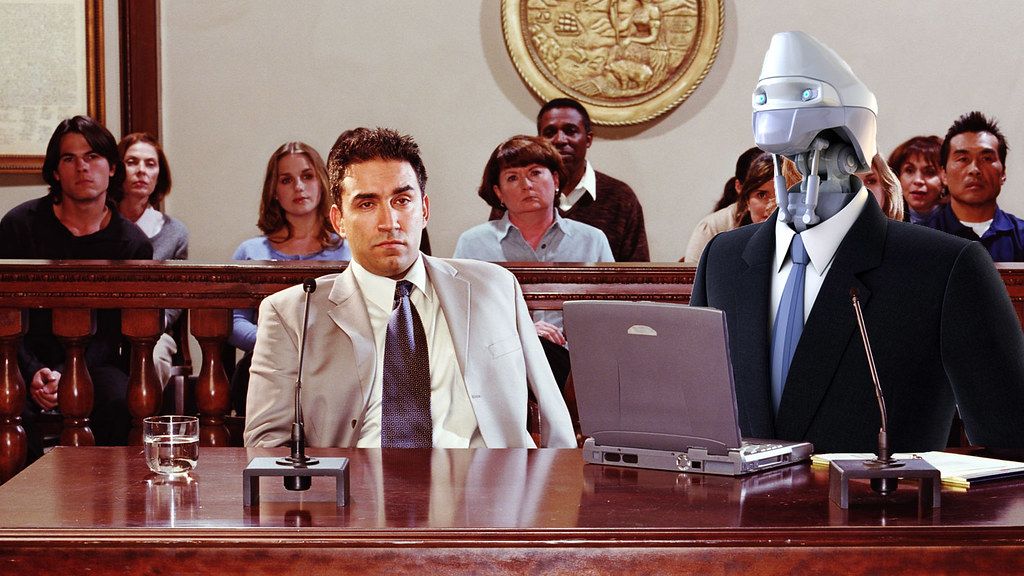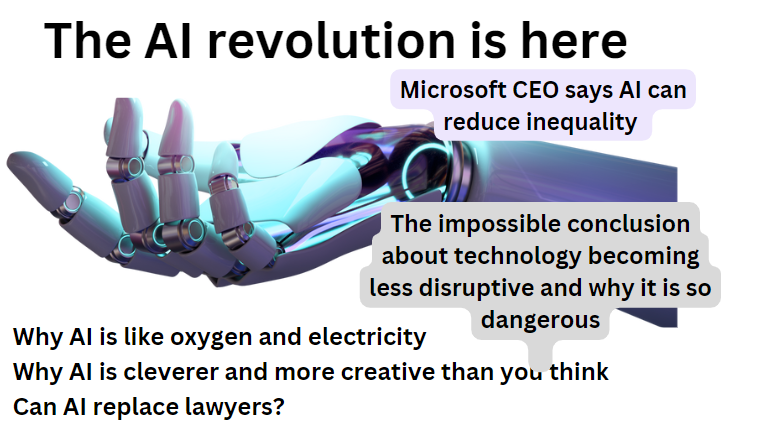Why AI is like oxygen and electricity and why AI is cleverer and more creative than you think
When it's getting dark, do you say you are going to turn the electricity on? Or do you say: "I'm going to turn the lights on?" Electricity is everywhere, it made the advances of the 20th Century possible, but we rarely talk about it or even explicitly think about it — except perhaps when we get the bill, or something goes wrong. It is like that with oxygen, too; it makes most life possible and certainly makes us possible. But do we say the "oxygen smells good?" Or "I need fresh oxygen?" No, we talk about air instead.
And it will be like that with AI too.
The AI revolution is here. It will change the world in much the same way electricity changed the world 100 odd years ago and in much the same way photosynthesis creating oxygen changed the world three billion years ago.
Is AI scary? Well, yes, as was oxygen to the earliest life forms, most of which went extinct. So is electricity if you play around with live wires. So you should be a touch scared, but only because we all need a bit of fear to motivate us to action. AI is also an opportunity, an opportunity to transform the world for the better, but only if we first accept it is here that we don't attempt a King Canute and command it to stop — we must embrace it and find ways to turn it to our advantage or the last ever victim of disruptive technology will be us.
There is so much to tell and incredibly important things to understand. Strap yourself in; the fun is beginning, and harnessing AI and making it work for humanity is the most important task there is — more important even than fighting climate change; indeed, with AI in our corner, the war against climate change is becoming easier to win.
AI is cleverer than you think and a good deal more creative
But how big a deal is it? Well, the answer is simple: it is a very big deal. But is AI really that clever? It can't be creative, or so say a legion of onlookers — that is the preserve of humans.
In a recent interview, Neil deGrasse Tyson talks about Van Gough. Sure, an AI tool might be able to create an image in the style of a Van Gogh image, but it can't create the Van Gogh style in the first place. You need a human for that, or so is the gist of his argument.
But he is wrong.
deGrasse Tyson is a clever man and a brilliant communicator of science, but he fails to grasp a truly profound point. Van Gogh isn't the greatest artist ever. Nor yet is Mozart the greatest creator of music — or Einstein, the greatest scientist. Oh no, there is a force that is far greater, and that force is called good chance.
Good chance has created music and art, and innovation to put the greatest minds of humanity to shame.
Okay, let's call it something else. For it to be good chance, it needs four elements:
- Randomness
- Lots and lots of examples of this randomness
- A mechanism for selecting the occasions when randomness creates positive results
- And a way to build upon this randomness and its results.
It has another name — evolution.
Leslie E. Orgel, a celebrated chemist and "investigator of the origins of life," once said, "Evolution is cleverer than you are." This has become known as Orgel's Second Law of evolution.
Evolution created sonar that enables dolphins and bats to navigate with a precision technologists can only marvel at. It created spiders than can weave webs of extraordinary strength. It has created the beauty of nature, which surely surpasses a Van Gogh and the exquisite music of birds — which Mozart could only mimic.
And if evolution can do the above, why can't AI create and innovate too?
But with one crucial difference?
Because of the way digital technology works, the time frame for innovation is measured in days, hours or even seconds — not the millions of years that natural evolution requires.
This is why people who say AI is overhyped are wrong. Sure, there might be a few false starts yet, and with each false start, AI gainsayers "will say I told you so," but false starts don't continue ad infinitum. And there are good reasons to believe 2023 is the year of a full-blown start.
The AI revolution is here — for good or Ill?
Now, this takes us to the topic of autonomous cars — for so long, the holy grail of AI, but suddenly in this era of ChatGPT, it just feels like another AI application. But the gainsayers of autonomous cars also miss the point. Randomness (or evolution) has created autonomous moving objects that rarely crash — when flying in the air, do bees, flies, or birds crash? Sometimes they do, of course, largely because their evolution didn't prepare them for human-made objects like glass. But then, to let you into a secret, cars driven by humans crash too. And more often than not, they crash because of human error. This is the problem with the problem autonomous cars critics overlook: humans are lousy drivers. They say autonomous cars aren't safe, but they rarely compare the safety of autonomous cars with the safety of cars driven by humans. And if evolution can create animals with low intelligence that can move incredibly quickly without crashing, why can't AI? As Svenson showed, most people think they are better than average drivers. The problem isn't what AI can't do; it is human arrogance, pervasive and cynical of alternatives, that makes us think we are cleverer than we really are.
Robot drivers are safer than humans finds study
What about jobs?
So if AI can be smarter and more creative than us, what is there for us to do?
Answer: we are social creatures. Evolution created us as social animals, that is why speech developed. We are good at social interaction, we have emotional intelligence, and we have empathy. AI needs policing. It needs an off-switch. It needs humans to provide the selection criteria so it can evolve.
AI should serve us. Until the day it develops self-awareness, a day that might never happen, it has no rights. But we need humans to ensure the responsible use of AI and ethical AI.
So let's delve a bit deeper:
Microsoft CEO says AI can reduce inequality
Microsoft CEO Satya Nadella says AI can reduce inequality and increase the wages of frontline staff.

The impossible conclusion about technology becoming less disruptive and why it is so dangerous
We live in an age of declining disruption, claims a new paper published a few weeks after ChatGPT was released. The biggest risk you can imagine is implicit in the conclusions.
If we allow ourselves to get seduced by the narratives the rate of innovation is slowing, we won't be prepared for what is to come, and you will be able to say 'goodbye humanity," in the time it takes ChatGPT to tell us that two plus two equals four.

Joshua Browder, CEO of DoNotPay has created what it calls a lawyer robot. The robot acts as a kind of knowledgeable assistant to a defendant — like a lawyer on the other end of a telephone line. The robot listens...







Related News
Is AI really the solution?
Oct 25, 2024
Rising AI Emissions and What to Do About Them
Jul 19, 2024
If this is an AI bubble, then heed the lessons of the dotcom bubble
Apr 07, 2024